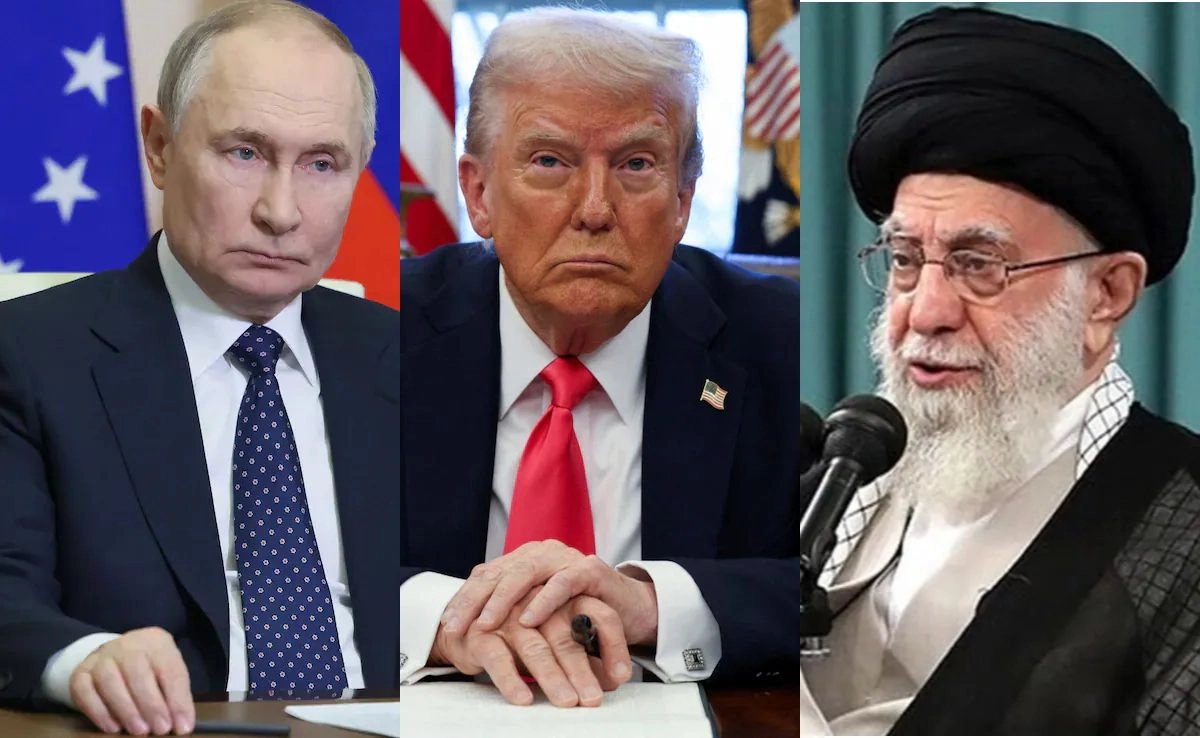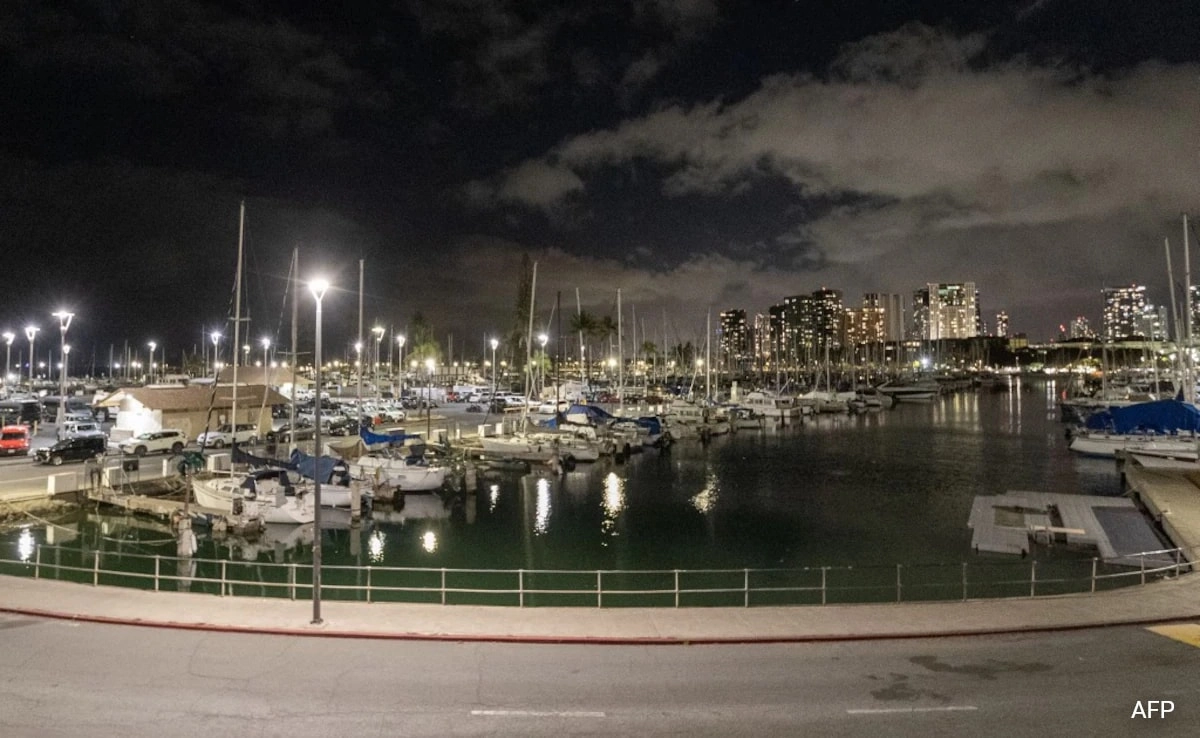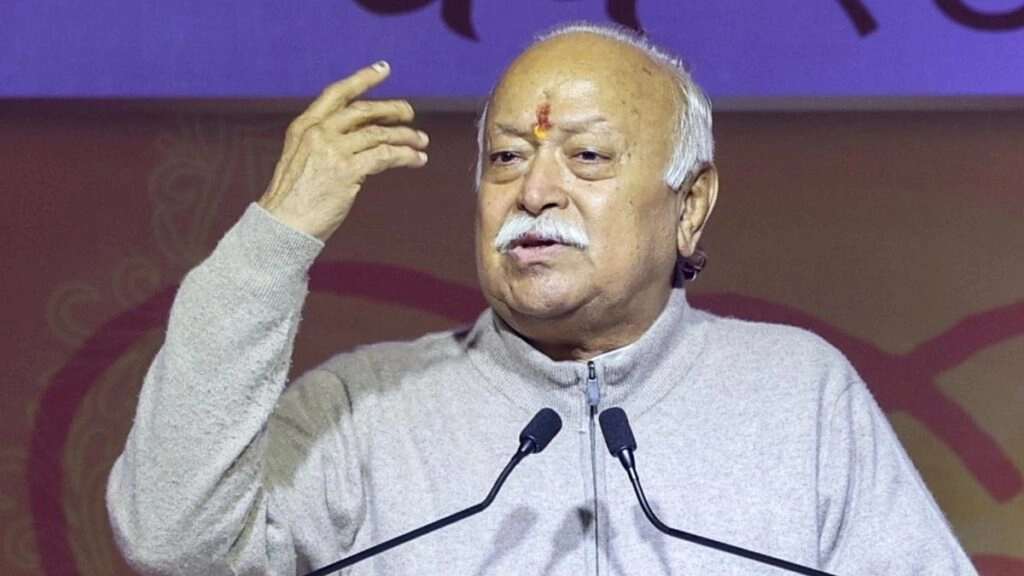In a recent candid conversation, former President Donald Trump expressed his frustration with Russian President Vladimir Putin, revealing a rarely seen side of his foreign policy perspective. Trump admitted to feeling “pissed off” at Putin, suggesting that his discontent stems from Russia’s ongoing aggression and geopolitical maneuvers that challenge U.S. interests. This sentiment reflects a stark contrast to his previous administration’s approach, where he often attempted to foster a cooperative relationship with Russia despite widespread criticism. Trump’s current stance indicates a shift in his rhetoric, as he grapples with the complexities of international relations and the implications of Putin’s actions on global stability.
Moreover, Trump’s remarks extended to his views on Iran, where he stated a desire to take a more aggressive stance, even suggesting that military action might be necessary. His willingness to consider bombing Iran underscores a significant escalation in rhetoric, highlighting the longstanding tensions between the U.S. and Iran that have persisted for decades. This potential shift in policy raises critical questions about the future of U.S. engagement in the Middle East and the broader implications for regional security. Trump’s frankness about these issues not only reveals his mindset but also indicates a potential strategy that could diverge sharply from those of his predecessors.
The combination of Trump’s frustrations with Putin and his aggressive posture towards Iran encapsulates a more hawkish foreign policy approach that could resonate with certain segments of the American electorate. As he navigates these complex issues, it remains to be seen how this rhetoric will translate into actionable policy should he seek another term in office. The international community is closely watching these developments, as they could signal a significant shift in U.S. foreign relations and military strategy. Trump’s comments serve as a reminder of the high stakes involved in global diplomacy and the delicate balance of power that defines international relations today.




